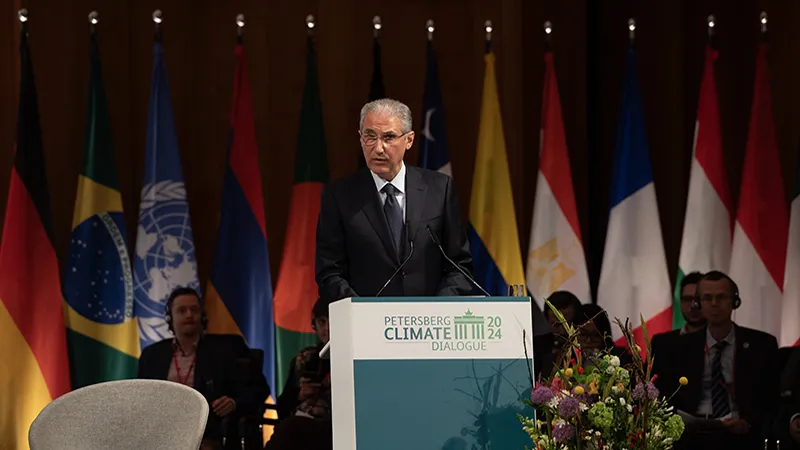With wildfires raging the environment was top of the news agenda over the summer, which also saw high profile criticisms of everyone from asset managers and accountants to the UK prime minister for failings over their green credentials.
Here’s ESG Clarity’s essential reading round up of what you may have missed.
In June, the launch of the International Sustainability Standards Board (ISSB) S1 and S2 sustainability reporting standards was called a “landmark day for the global economy and the financial sector”, as the first two IFRS Sustainability Disclosure Standards developed by the ISSB to serve as a comprehensive global baseline of sustainability disclosures for the capital markets. ESG Clarity’s published a run down of everything you need to know about the changes.
July was a terrifying month for wildfires, which raged across Greece, Turkey and Canada. In Greece, Rhodes, Corfu and Evia, as well as at Diakopto in the Peloponnese, were all affected by blazes, while wildfires destroyed up to 7,000 hectares of land in Turkey, according to a government minister there. Climate change more than doubled the likelihood of extreme fire weather conditions in Eastern Canada, the World Weather Attribution initiative said.
There was more ISSB news in July, with the IFRS Foundation, which oversees the International Sustainability Standards Board (ISSB), announcing it will take over the monitoring of companies’ progress on climate-related disclosures from the Task Force on Climate-related Financial Disclosures (TCFD).
Also in July, Vian Sharif, head of sustainability at FNZ, told readers to brace themselves for September 2023, a milestone month that will spotlight nature and biodiversity considerations, driving investor awareness and action. On 18 September 2023, the launch of the Taskforce for Nature-related Disclosures (TNFD) has the potential to revolutionise the landscape, launching just before COP28, which is also anticipated to feature nature as a key focus area.
The same month, ClientEarth accused senior leadership at the world’s six largest accounting firms – BDO, Deloitte, EY, Grant Thornton, KPMG and PwC – of failing on commitments to improve how climate change is addressed in financial reporting and audits. Lawyers for the climate action group have written to the accountancy firms to question their position on the lack of transparency on climate risk in financial reporting and audit.
On 19 July, a group of 36 financial institutions – including Federated Hermes, Nordea, Storebrand, Rathbone Greenbank, UBP, WHEB and Tribe Impact Capital – representing over €3.3trn of assets, urged governments to protect the ocean and not proceed with deep-sea mining, until the environmental, social and economic risks “are comprehensively understood”, and alternatives to deep-sea minerals have been fully explored.
July also saw some rowing back on environmental policies by the UK government. More CO2 emissions were allowed for polluting industries such as steel production, under changes to the UK’s carbon-trading scheme. This pushed carbon prices to trade at a steep discount compared with those in Europe, sparking warnings that it would increase fossil fuel use.
In the same month, UK prime minister Rishi Sunak said the government would award more than 100 new licences for North Sea oil and gas exploration before the next election.
At the end of July, the European Commission (EC) adopted the European Sustainability Reporting Standards (ESRS), but amendments including a downgrading of some disclosures from mandatory to voluntary, the phasing in of some disclosures such as Scope 3, and the ability for companies to decide what is or isn’t material, have been called a “compromise” by sustainable investment commentators.
The summer started drawing to a close with a bang in August, with Baillie Gifford responding after being accused by climate activist Greta Thunberg of ‘greenwashing’, saying it is “not a significant fossil fuel investor”. Thunberg pulled out of an appearance at the Edinburgh International Book Festival after claims that Baillie Gifford, which is the lead sponsor for the event, had billions invested in firms that profit from fossil fuels.
Finally, at the end of August after his anti-green policy announcements earlier in the summer, investment groups representing £1.5trn in assets issued a ‘warning letter’ to the UK’s PM Sunak, saying the government’s recent rhetoric is at risk of undermining confidence in its net-zero ambition, and its place as world leader in sustainable finance.





